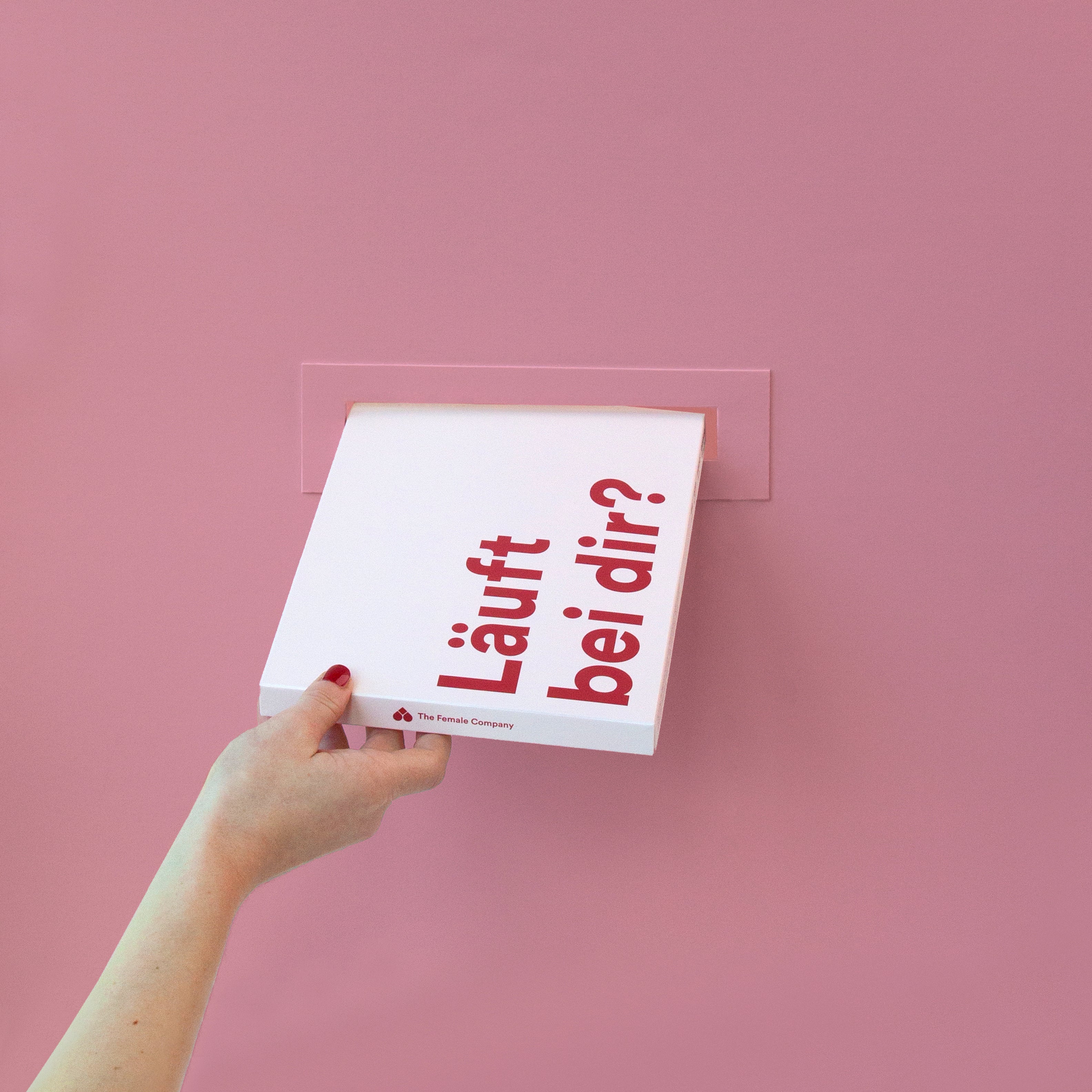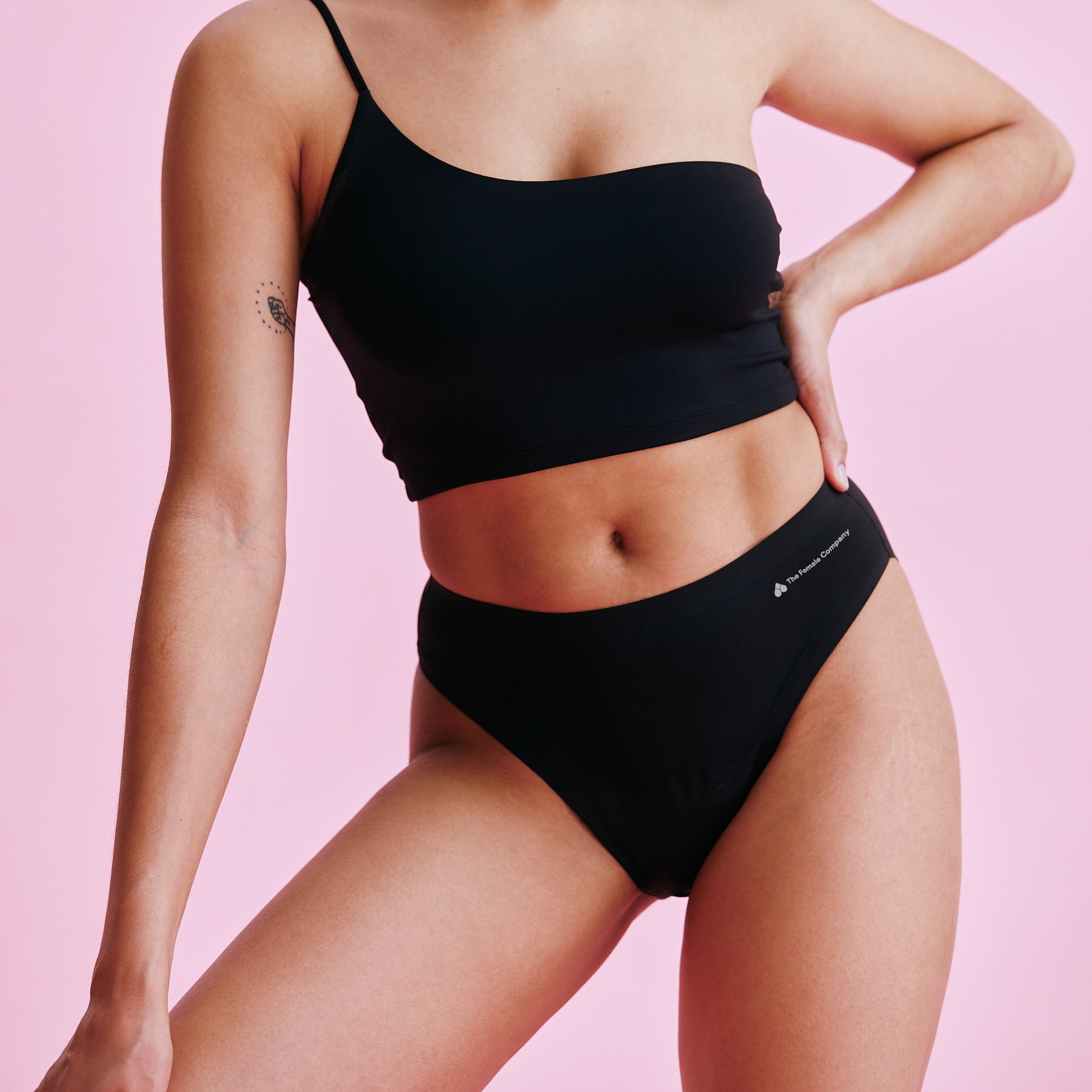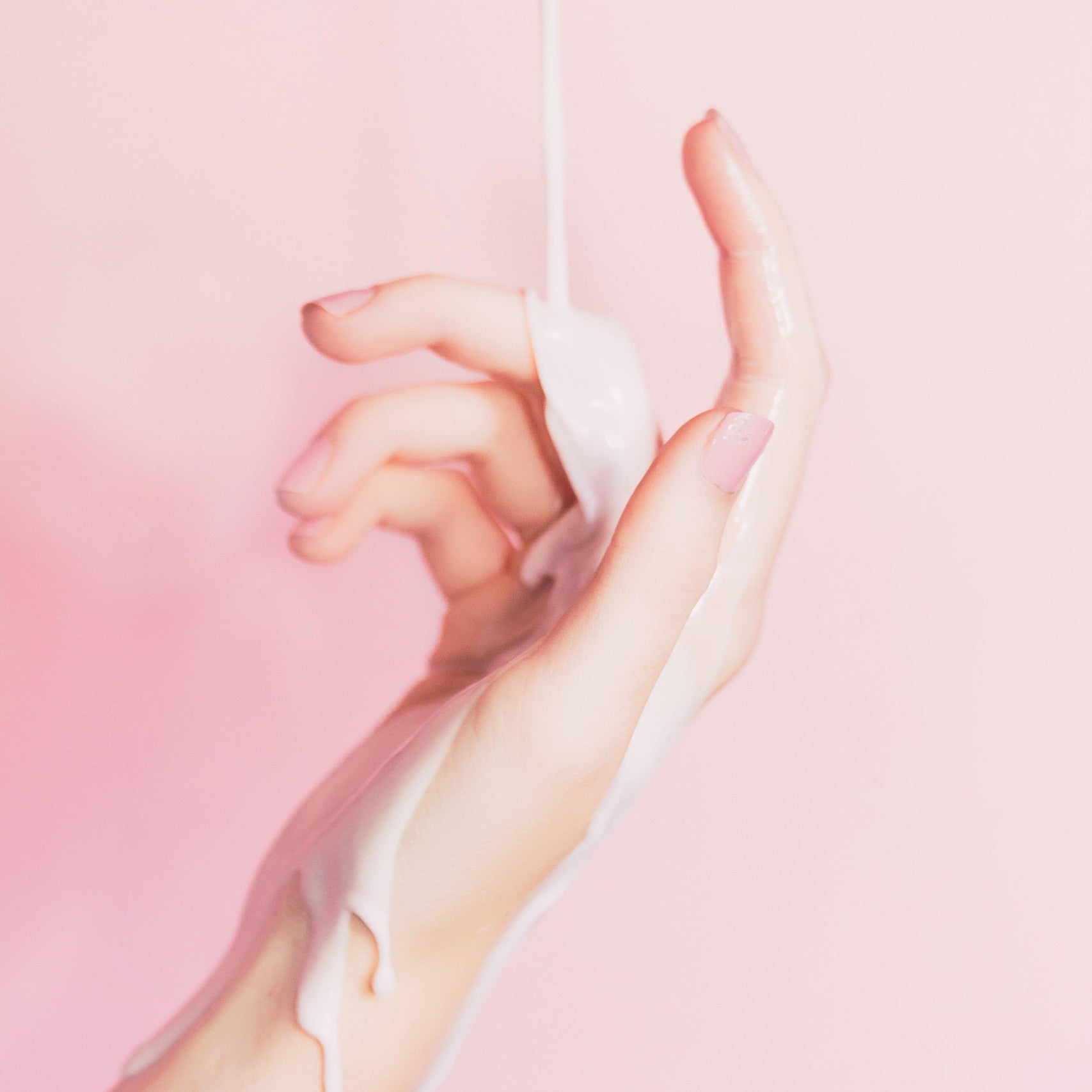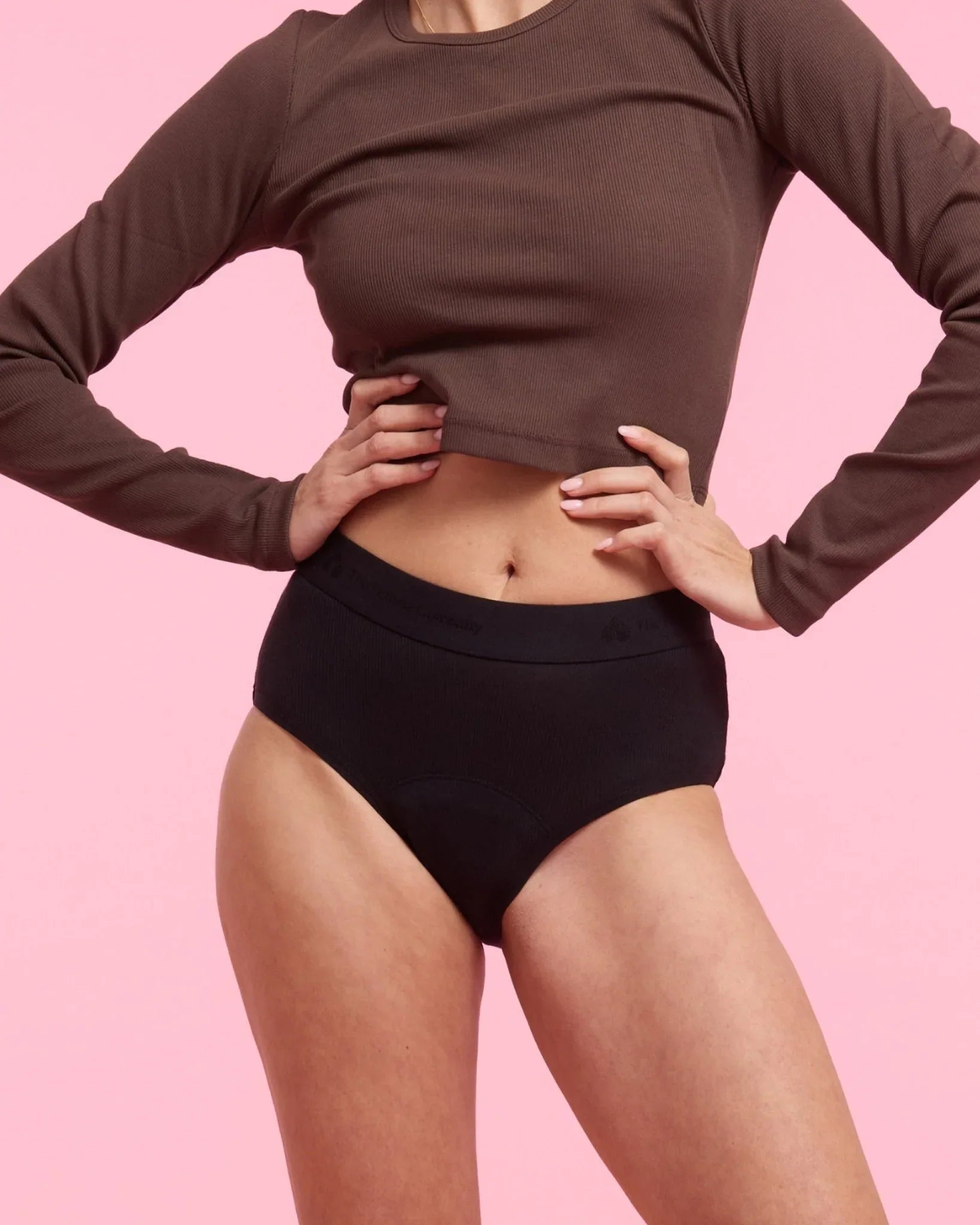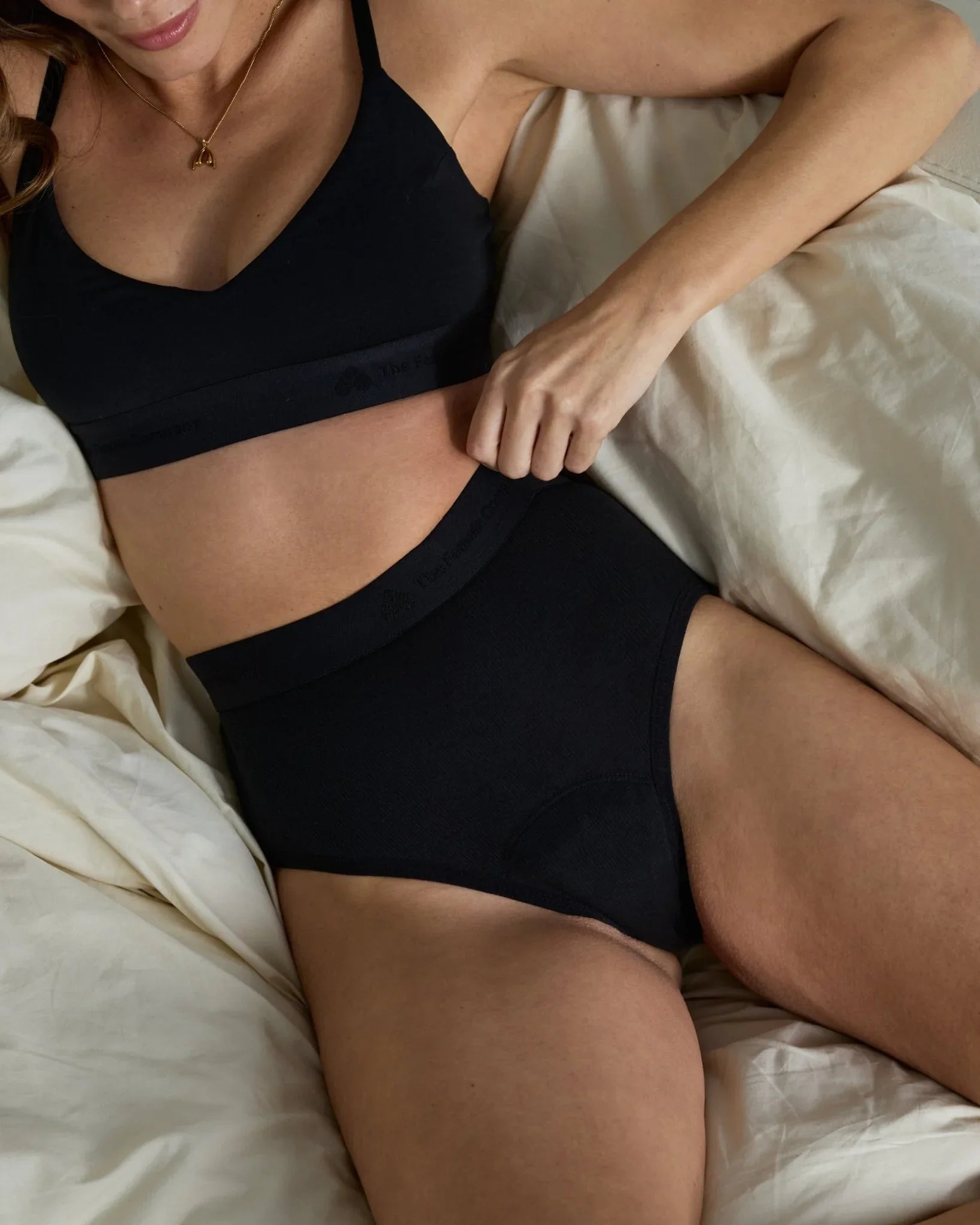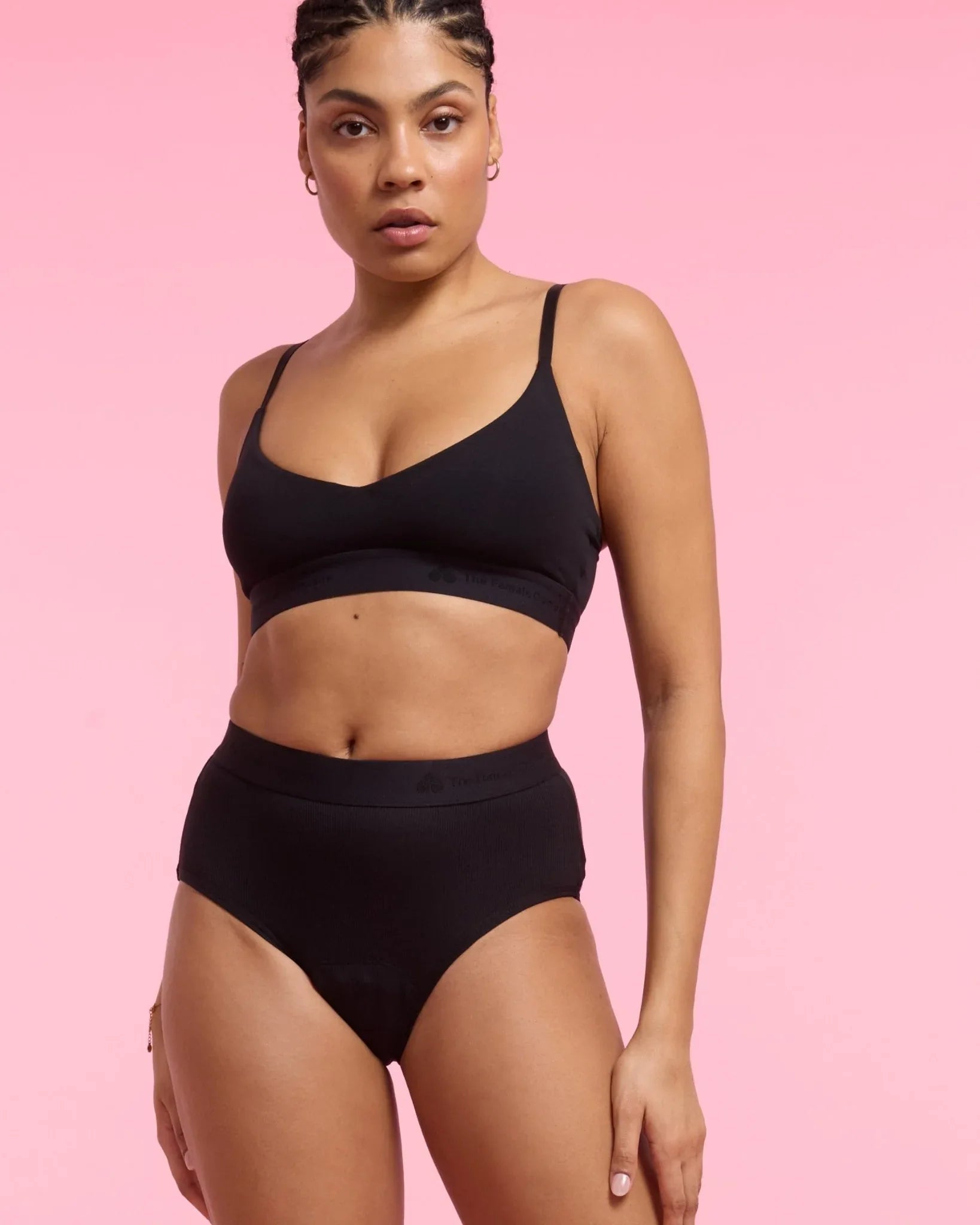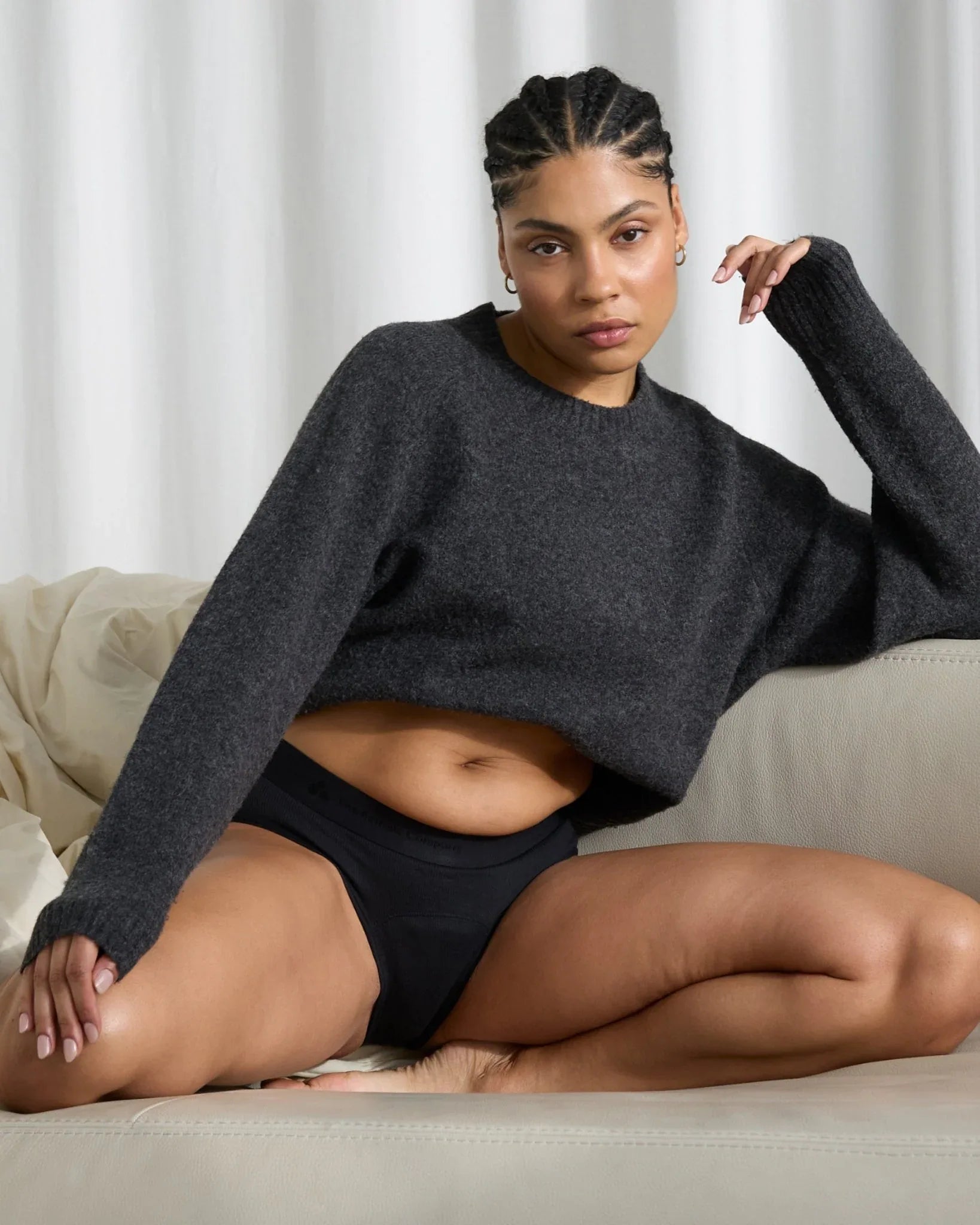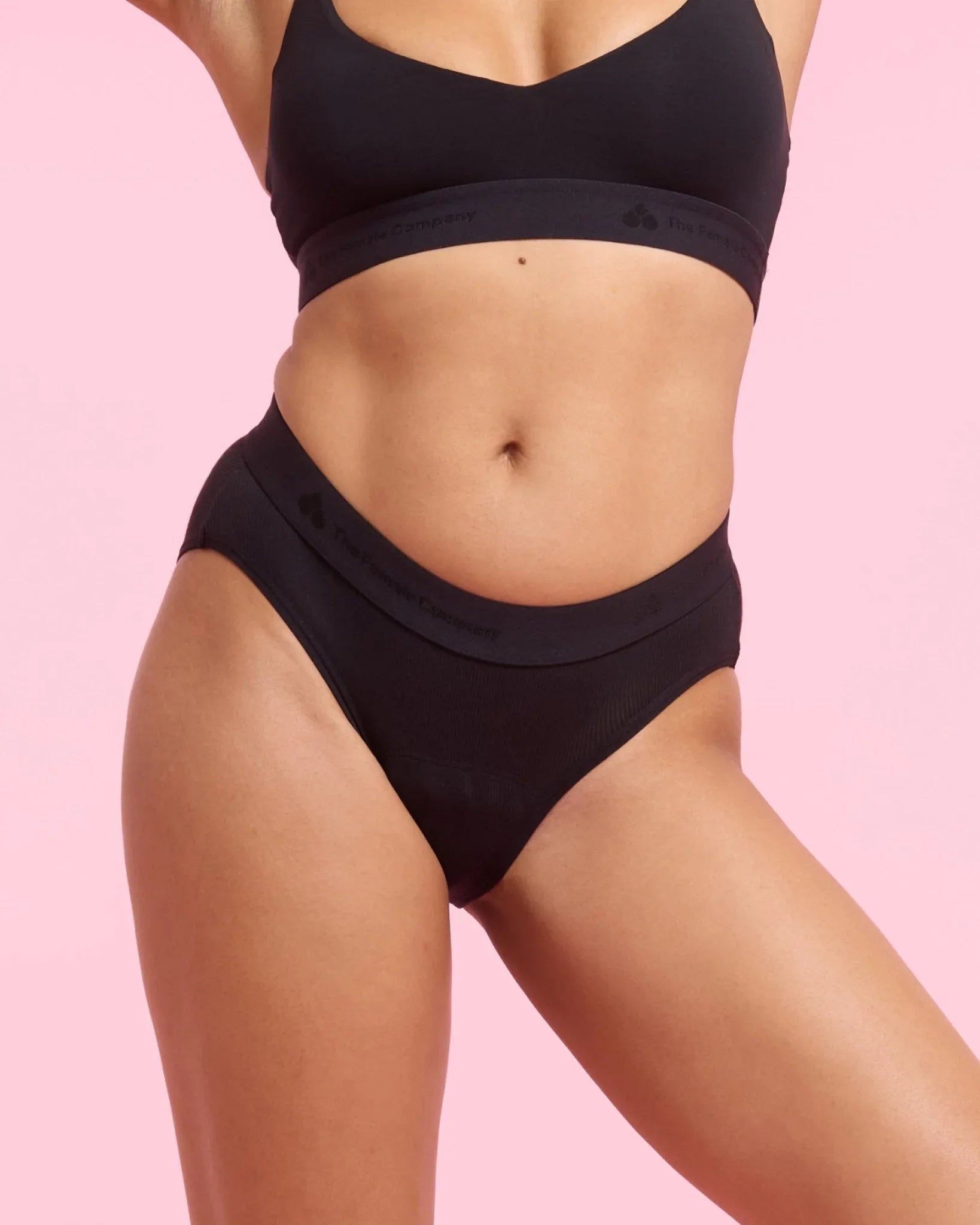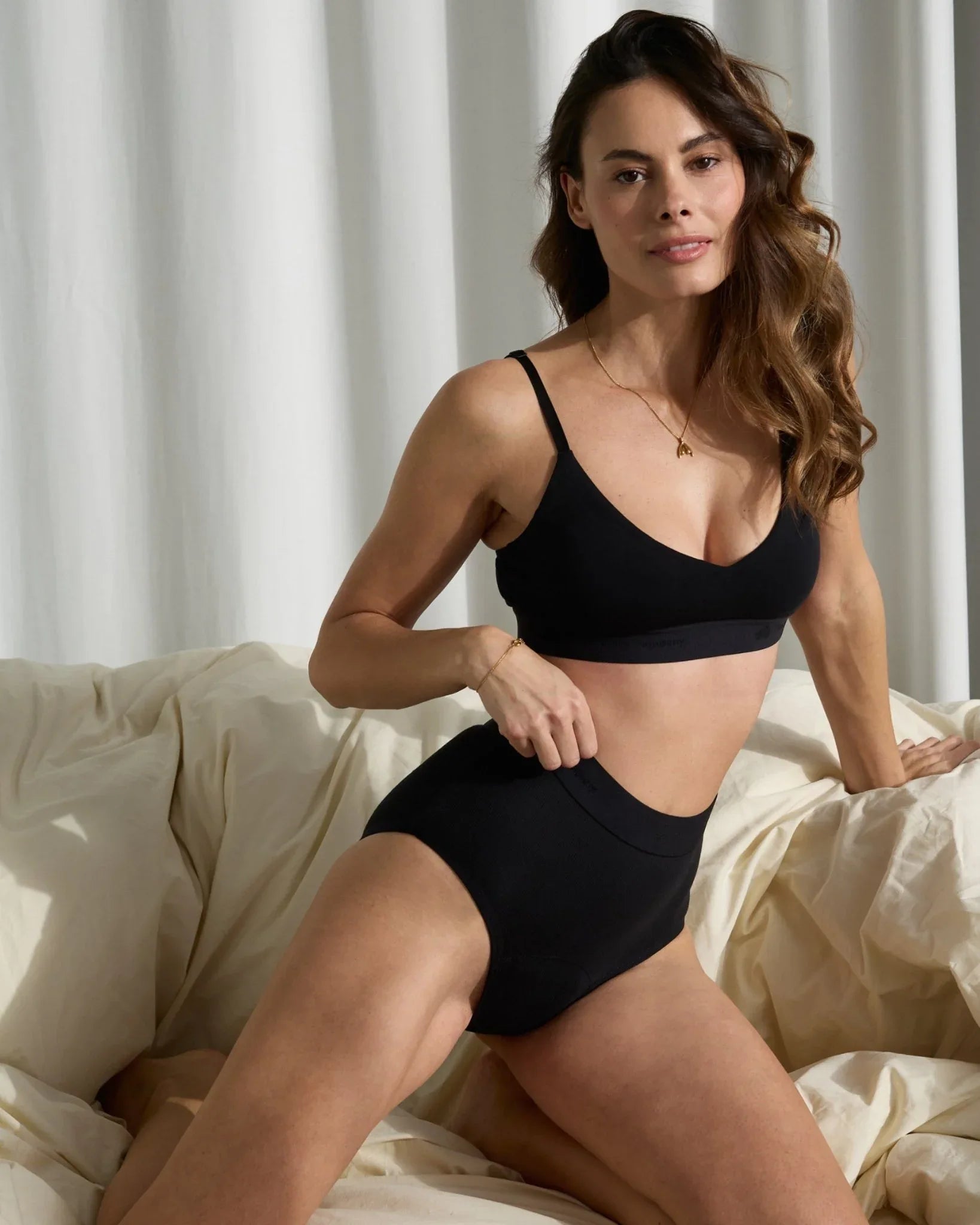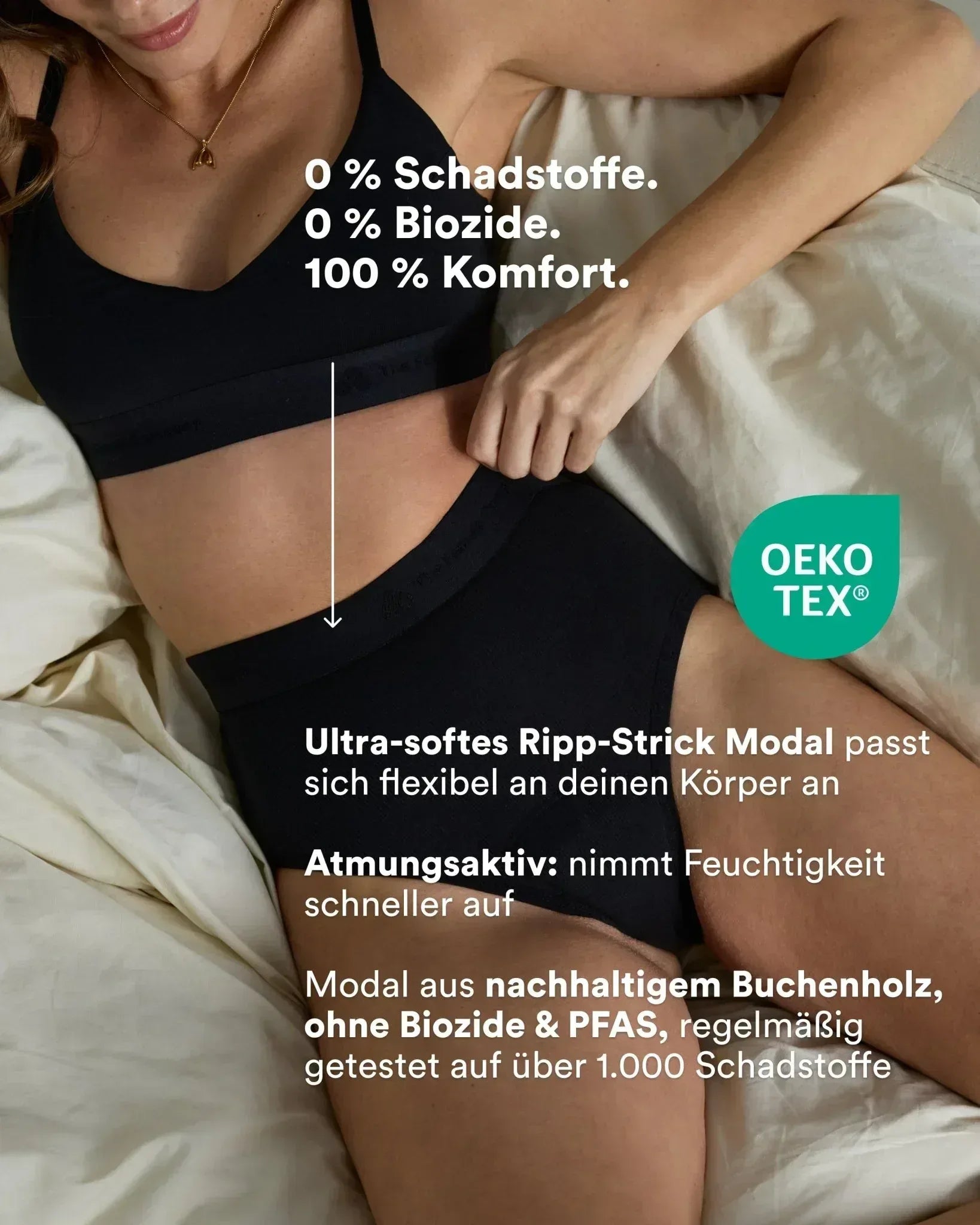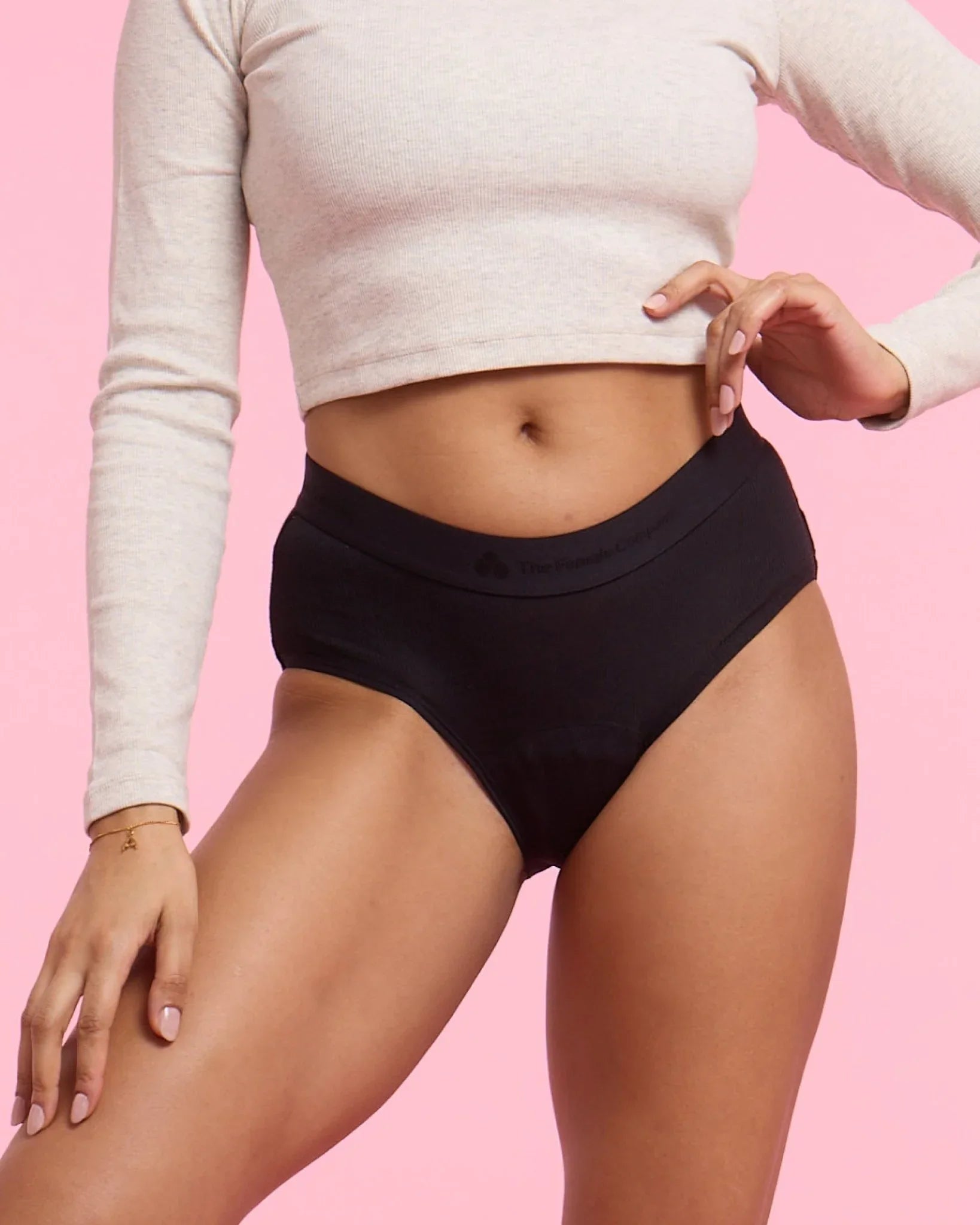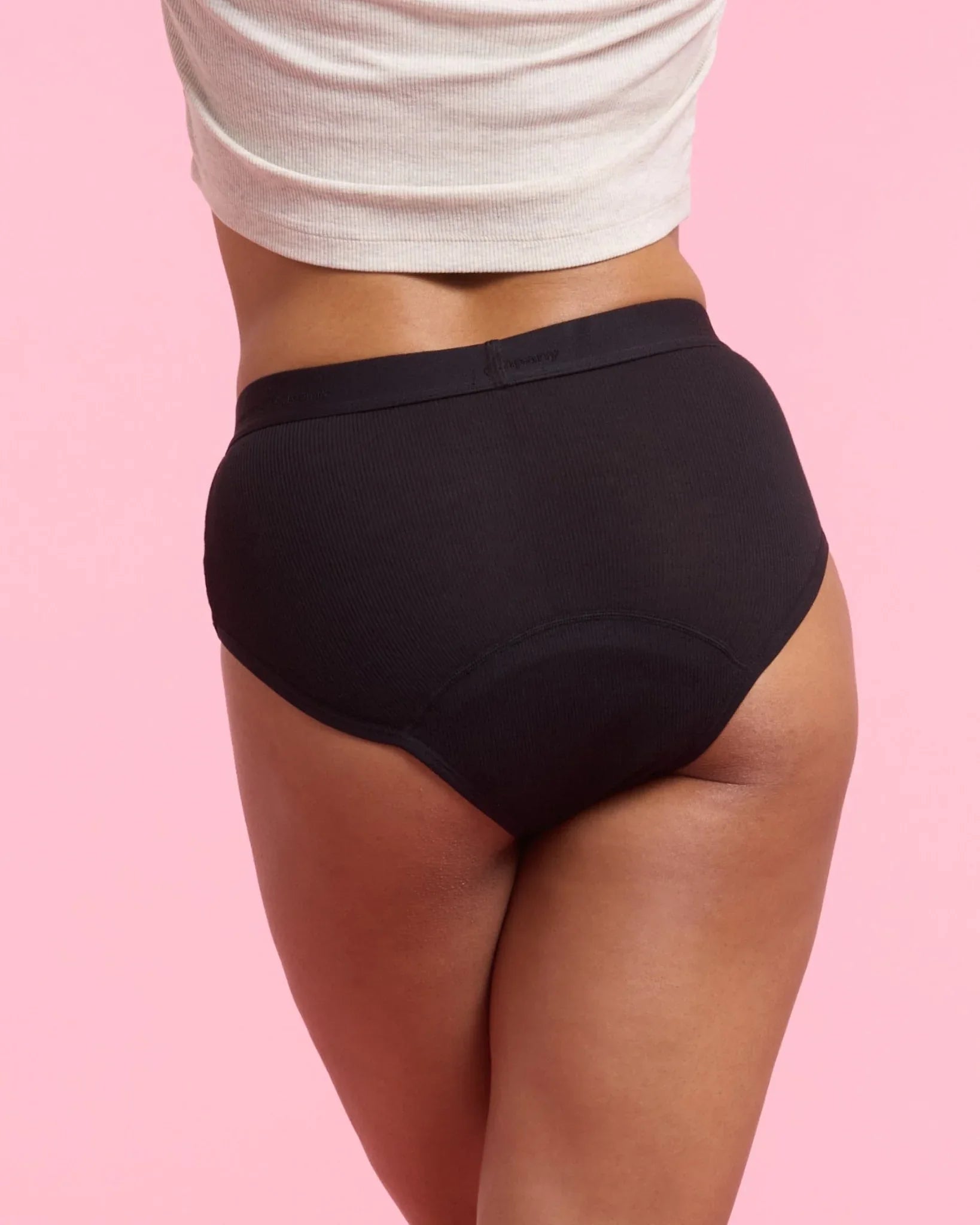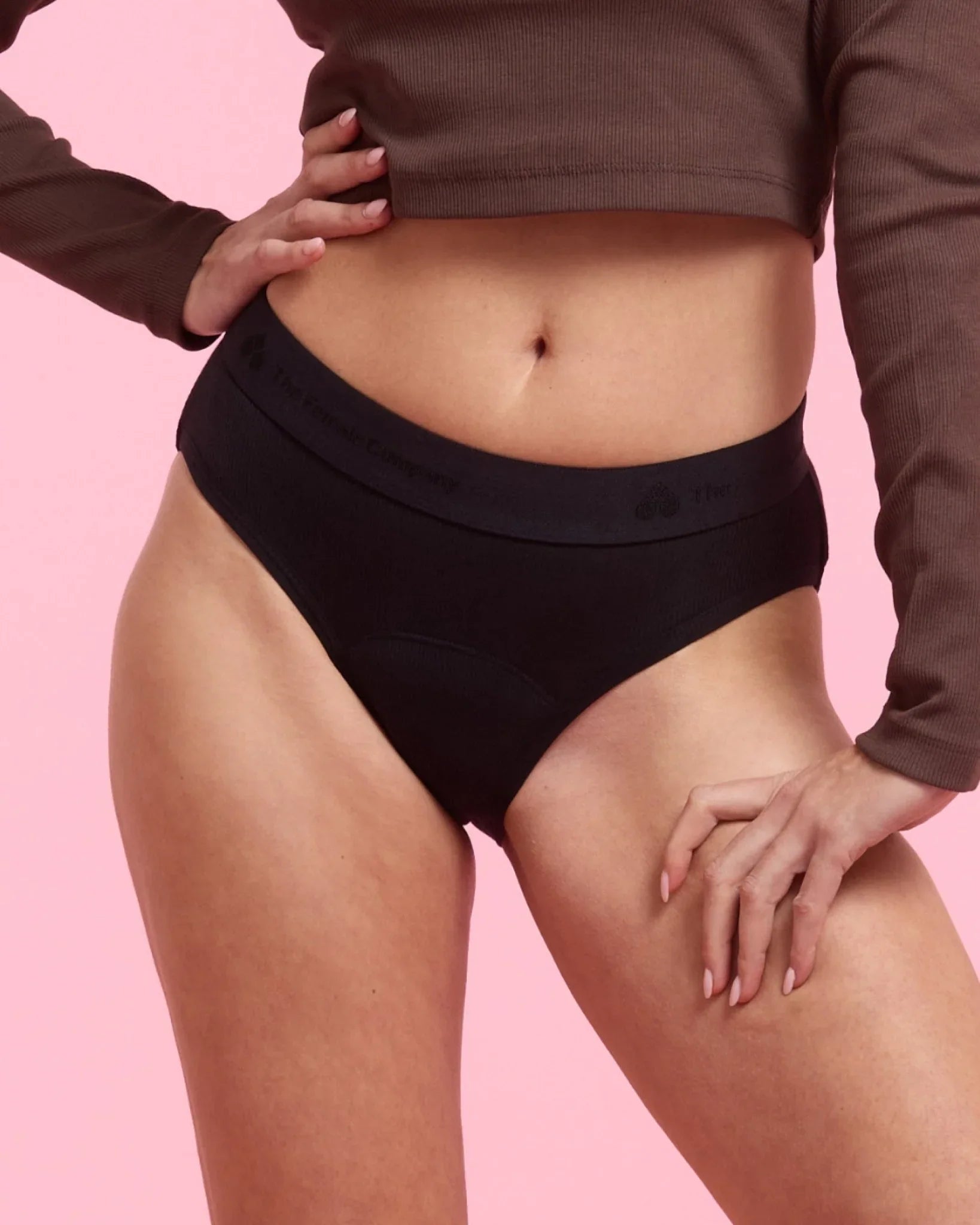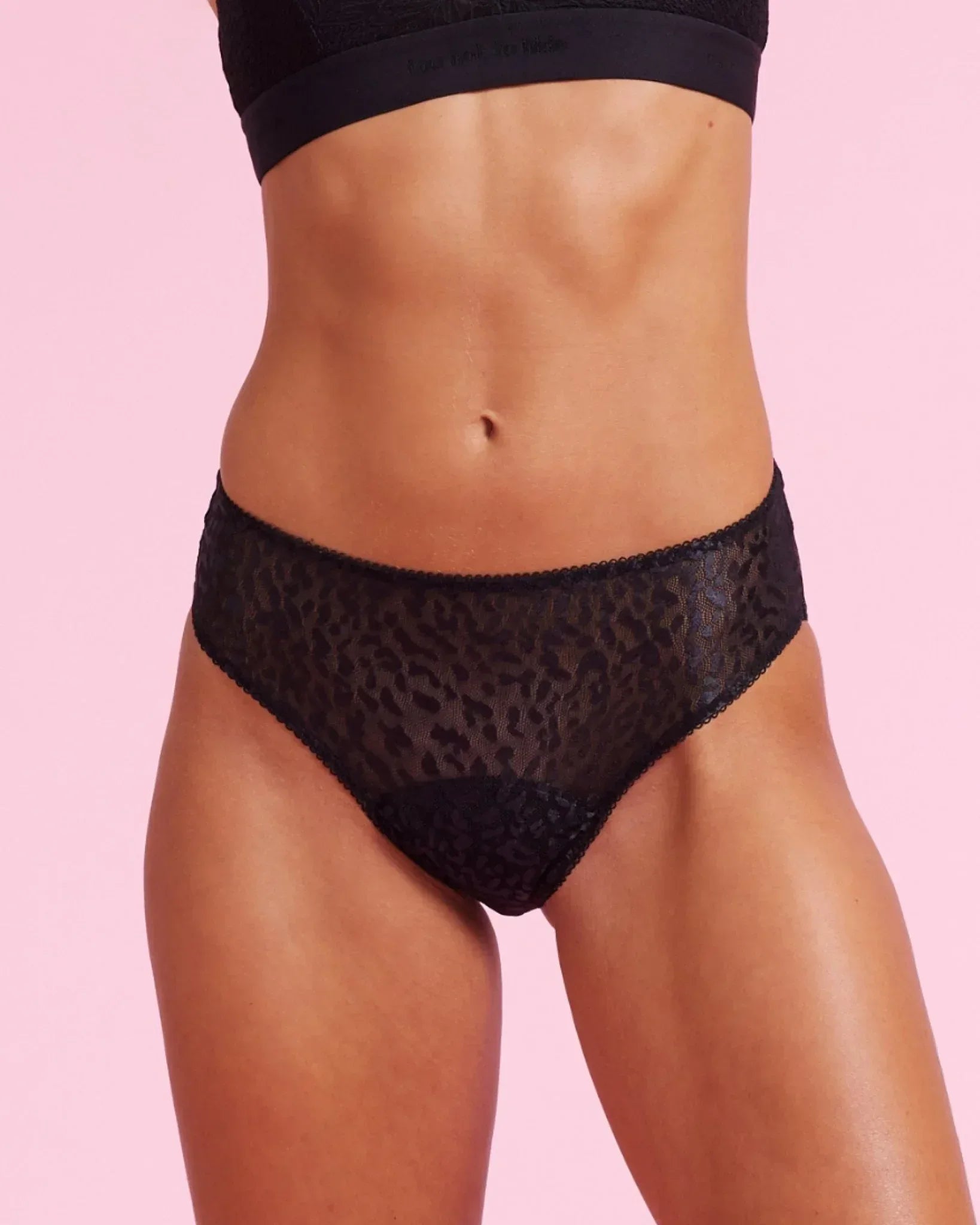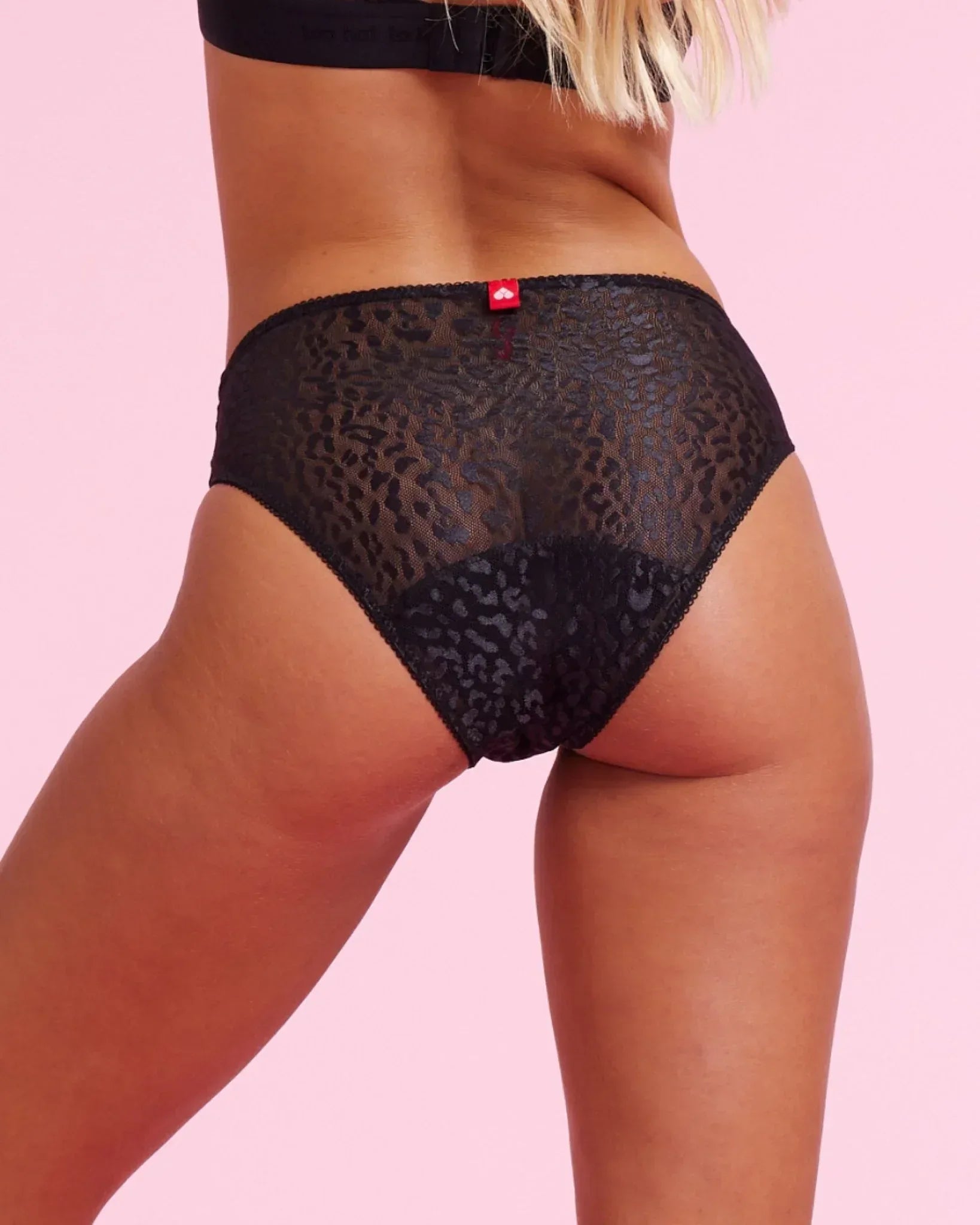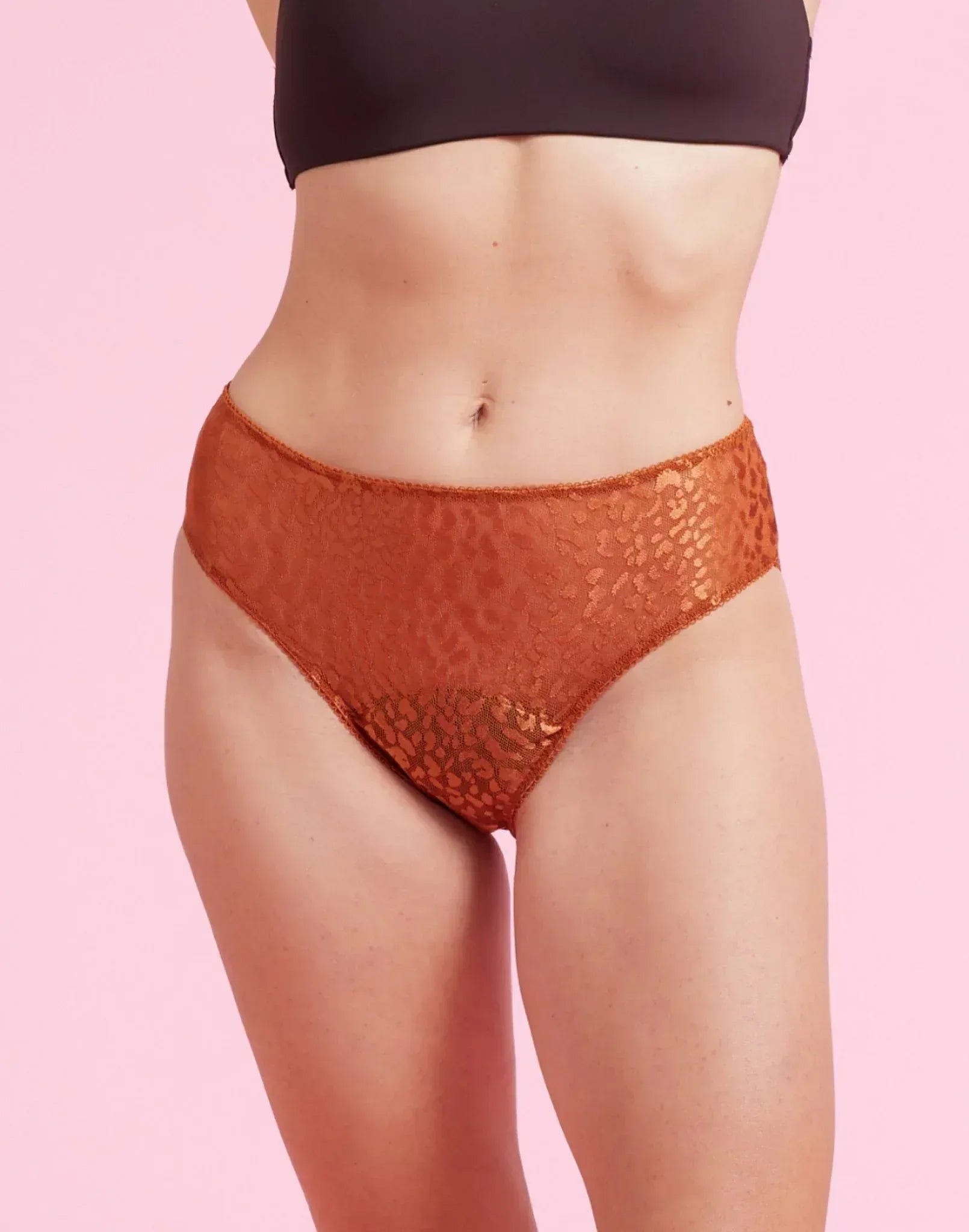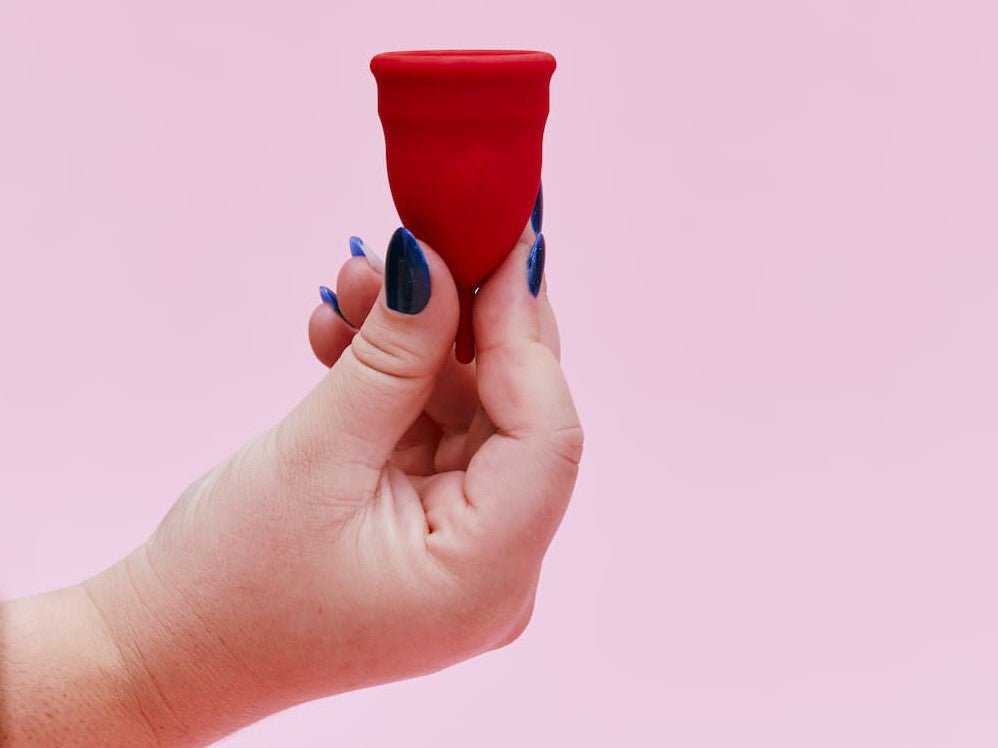We lose a lot of blood during our period. This is why women have a relatively high iron requirement compared to men . On average, we need 50 percent more iron than men. One reason why iron should be at the top of your periodic table.
But don't worry! You don't have to be too generous and feed your system with iron tablets. You should only use these remedies after consulting a doctor. There are a variety of iron-rich foods that you can use to prevent iron deficiency before, during and after your period.
Summary
Due to blood loss during menstruation , many menstruating women suffer from iron deficiency.
There are many iron-rich foods that you can use to get iron naturally.
Before you supplement your iron artificially , have your doctor do a blood test to see if you have a deficiency.
Table of contents
1. Iron deficiency symptoms
The symptoms of iron deficiency usually come on gradually and are therefore so dangerous . During our period we are already tired, irritable and feel weak. Therefore, this is often not associated with an iron deficiency.
What happens when there is an iron deficiency in our body? Iron is responsible for the formation of red blood cells. These in turn transport the oxygen in our blood to the organs. If we lack iron, we simply cannot breathe.
No iron – no performance!
You should eat iron-rich foods, especially if you have extremely heavy periods. This will help prevent anemia. If you have heavy menstrual bleeding of more than 40 milliliters, iron-rich foods may not be enough to replenish your iron levels. In this case, a visit to the doctor is recommended! A regular check-up of your iron levels can't do any harm .
2. Prevent iron deficiency
The German Nutrition Society recommends that women of childbearing age consume 15 mg of iron per day . Now the key question is what you can eat if you have an iron deficiency and which foods contain a lot of iron. So that you are stocked up on the right iron boosters before your next period, here is an overview of the top iron suppliers :
-
pumpkin seeds
Do you only bring pumpkins into your house on Halloween? You should reconsider that, because their seeds are really powerful. With 12.5 milligrams of iron per 100 grams, they are the ironmen of legumes. -
sesame
Open Sesame! Give us your 10 milligrams of iron per 100 grams.
-
linseed
Chia seeds almost stole the show from flax seeds. But it's not just the fact that they are grown locally, but also the 8.2 milligrams of iron per 100 grams that should make our decision easy when shopping.
-
quinoa
Quinoa and amaranth often pretend to be grains and are therefore classified as pseudo-grains. But that doesn't matter, because with an iron content of 8 and 7.6 milligrams of iron per 100 grams respectively, we can forgive them for this little deception.
-
pistachios
Did you know that the pistachio tree can live up to 300 years? Nope - neither do we. And what we also didn't know is that pistachio not only tastes particularly good in ice cream, but also contains 7.3 milligrams of iron per 100 grams. -
apricots
Dried apricots have it all. Not only are they super sweet and super tasty, but they also contain 4.4 milligrams of iron per 100 grams. Chapeau! -
spinach
Although it was mostly ignored in childhood, it is now a real iron miracle weapon. Popeye knew this a long time ago. With 4.1 milligrams per 100 grams, the green dream is impressive. Don't forget! Vitamin C is the ultimate "fitness booster". At the same time, vitamin C is needed for the body to absorb iron. So quickly add a few oranges and lemons to your shopping list.
3. Nutrition and Period
In general, it is important to pay attention to your diet during your period . And by that, we don't mean giving up feel-good foods or chocolate, you need what you need! However, there are some nutritional tips that can help relieve menstrual cramps and improve your general well-being - so in our opinion, they are worth a try !
Here are some nutritional tips that might help you during this time:
-
Balanced meals:
Make sure you eat a balanced diet with a mix of carbohydrates, proteins, healthy fats, fiber, vitamins and minerals. This can help maintain your energy and reduce mood swings. -
Iron-rich foods:
We already talked about iron - so nothing new! Get your iron! -
Magnesium-containing foods:
Magnesium can help reduce muscle cramps and mood swings. Foods like nuts, seeds, whole grains, green vegetables, and bananas are high in magnesium. -
Anti-inflammatory foods:
Foods with anti-inflammatory properties can help reduce pain and inflammation during your period. These include fatty fish (like salmon), turmeric, ginger, berries, olive oil and green tea. -
Hydration:
Make sure to drink plenty of water to keep your body well hydrated. This can help reduce swelling and increase overall comfort during your period. -
Avoid salt and sugary foods:
Excessive salt consumption can lead to water retention and worsen swelling, so limit your consumption of salty foods during your period. Sugar can also worsen mood swings, so try to enjoy sugary foods in moderation. -
Small, regular meals:
Instead of eating large meals, smaller, more frequent meals may help keep energy levels and blood sugar levels more stable. -
Caffeine and alcohol limit:
Both substances can worsen menstrual cramps and interfere with sleep, so reduce your consumption of caffeinated drinks and alcohol. -
Individual needs:
Every body is different. Pay attention to how certain foods affect your symptoms. If you notice that certain foods make your symptoms worse, try to avoid them during your period. -
Dietary supplements:
If you are concerned about getting enough nutrients, supplements may be an option in consultation with a doctor. However, it is more ideal to get nutrients from natural foods.
It is important to note that individual preferences and needs may vary. A healthy and balanced approach to eating can help relieve menstrual cramps and make you feel better during this time, but of course it doesn't have to work and obviously every menstruating woman is allowed to rely on her favorite foods.
